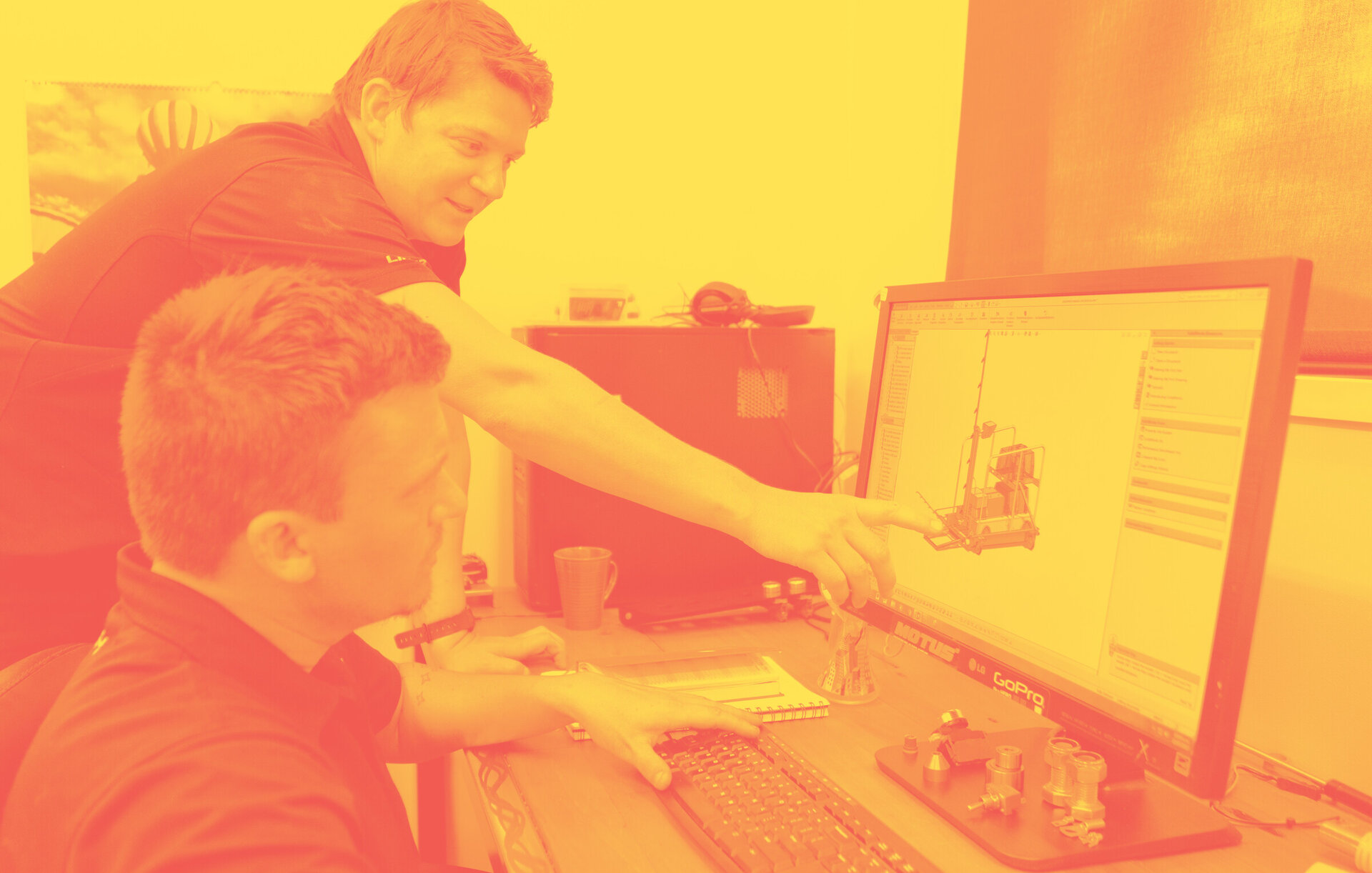New Zealand sends approximately 12.5 million tonnes to landfills each year. We have some of the highest waste figures in the OECD. 10% of that waste is organic household waste and an increasing percentage is from horticultural food loss and waste, which globally is a $600 million problem per annum.
It’s a global problem, that requires a global solution. Enter CiRCLR. A matchmaking platform that removes the friction from creating circular networks by connecting waste makers with waste takers and proves that becoming sustainable doesn’t have to cost your business money.
Meet the founders Sara Smeath and Chris Saunders. They are one of the start-ups taking part in our three-month Sprout 2023 Accelerator in the Cohort X intake.
CiRCLR was the brainchild of Sara, making it a female-led and Maori-owned business. She has 15 years of experience in the fashion industry working in design right through to supply chain optimisation and trend forecasting. Co-founder and husband, Chris is a software developer and also has a background in design for companies like HSBC and Volvo.
“As Sara was travelling the world working in the fashion industry working with developers in the supply chain to push more sustainable solutions because its what the consumer demanded, this was many years ago before it was in vogue to shop sustainably. She recognised there was a huge opportunity for businesses to look at waste and come up with simple solutions to minimise waste being sent to landfills,” said Chris.
When the duo moved back to New Zealand at the start of the pandemic after spending time living in Asia, Sara saw that same opportunity in multiple industries in New Zealand, especially agriculture. They then created the concept of ‘Tinder for trash’ which connected businesses to exchange waste as a resource. While the ethos has remained the same, based on feedback they’ve grown the product into something more robust.
They aspire to take their product offering global and to do so they’re currently seeking investment and looking to grow their team to support this. Given their connections with Asia, they are looking at that market as their next step and looking at opportunities in Australia as well.
“There is a trend in the market that business owners and operators think that it’s expensive to be sustainable and it requires a lot of investment. It doesn’t and we want to help them recognise that and not just greenwash their business.”
They’ve had equal challenges and wins over their first 12 months in business, but seeing the facts and figures they’ve come across and being involved in the United National Climate Change conference have helped encourage them along.
“Everything about a start-up is difficult when you’re working outside of the realm of your knowledge. We each have different things we know and are good at but there are so many operational and business learning curves to tackle. When you’re a team of two, working remotely in rural NZ it can be hard.”
One of their biggest aha moments was realising that their business idea was helping to solve another problem outside of the waste issue. Data.
“There is little effective and accurate granular data on the waste that we generate as individuals, businesses and regions and that put us on a path to understanding a real problem we are solving here with this tool.”
When it comes to tackling the emotional side of entrepreneurial life, Chris said that it came down to leaning on those around you for support and seeking advice from the right people.
“We’ve been lucky to have some wins come along during those times when we’ve been in that negative headspace. We’re genuinely excited and passionate about what we're doing too, so, keeping that end goal in mind is important.”



